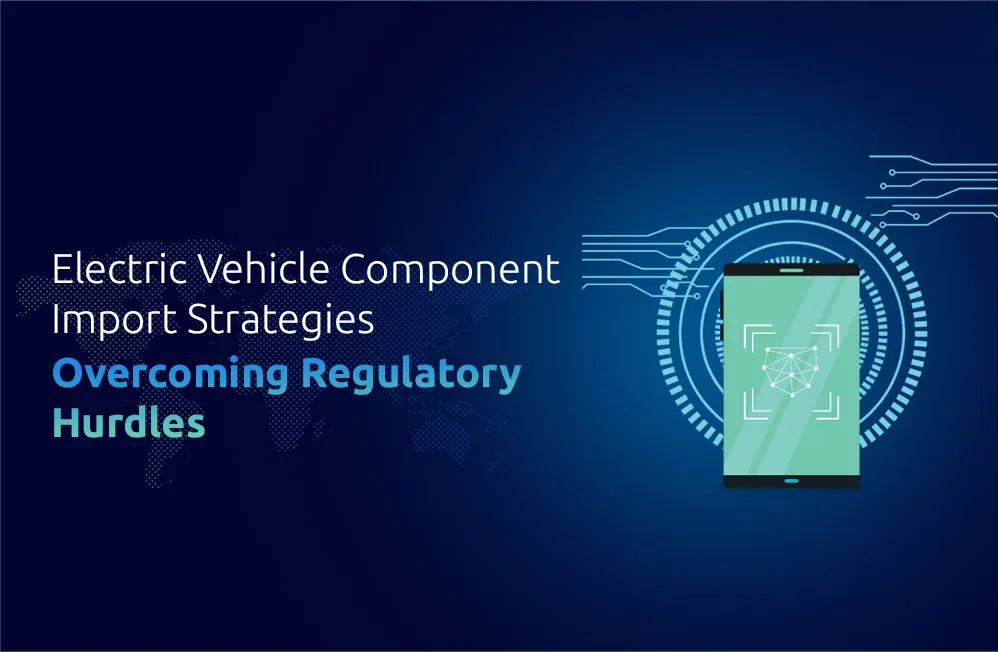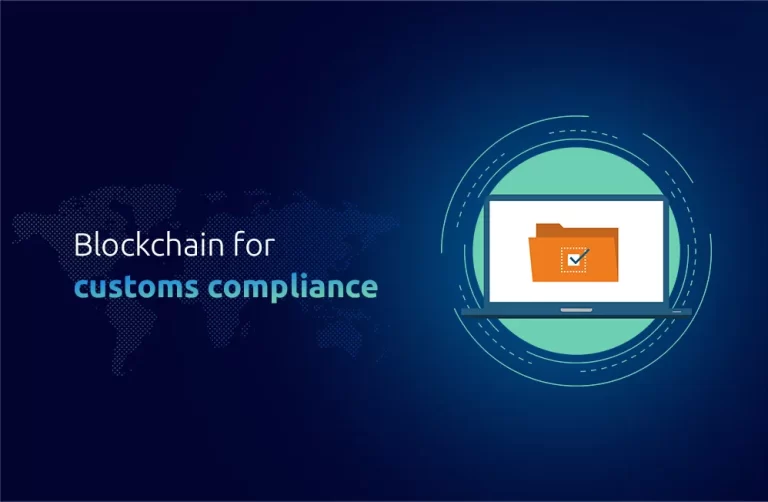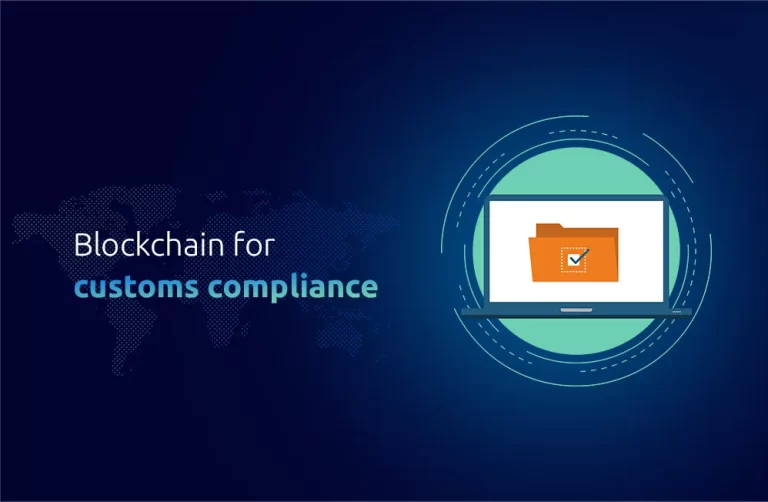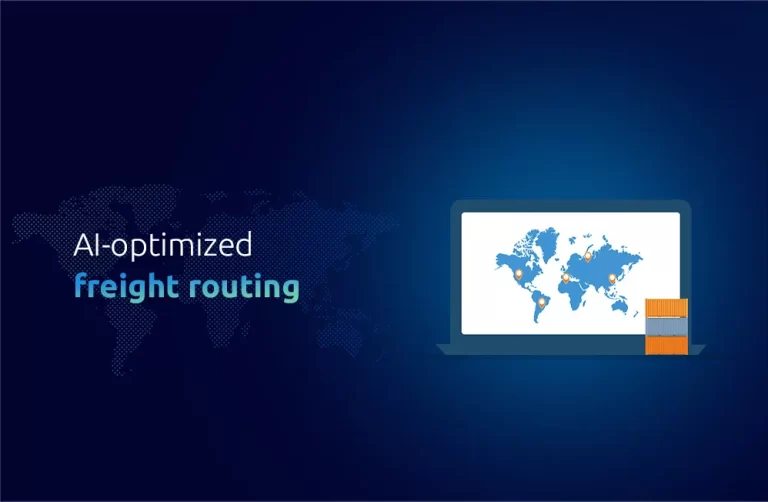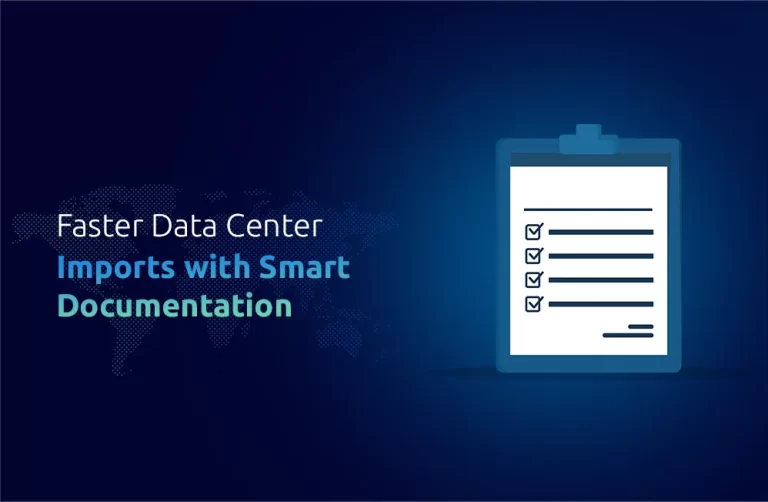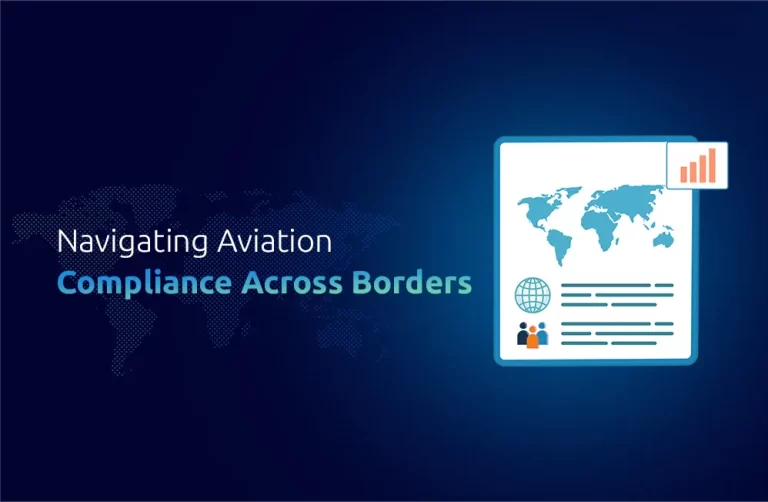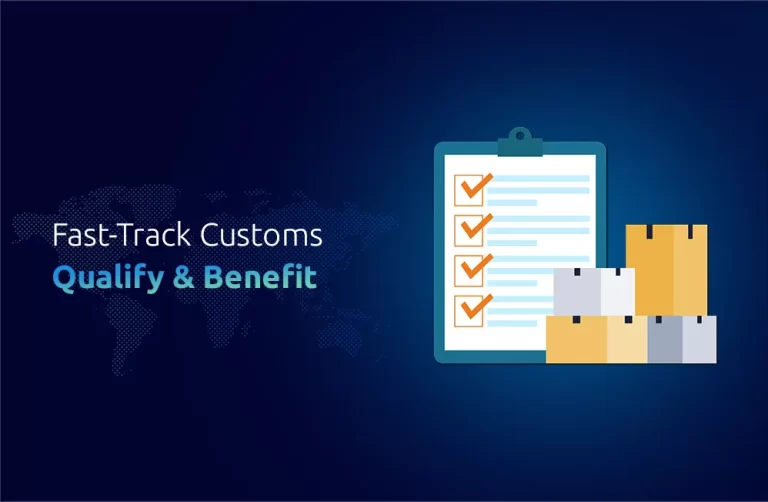Insight
The electric vehicle industry is rapidly expanding globally because people seek eco-friendly alternatives to traditional transportation. EV component imports, which encompass batteries with motors and control systems, introduce their distinctive difficulties during the importation process. The import process becomes complicated and slow for businesses due to multiple regulatory obstacles, exacting compliance rules, and import barriers. The success of companies that handle aviation and automobile or IT and medical equipment depends on their ability to overcome present obstacles to maintain swift deliveries at acceptable costs. The complicated web of international trade laws becomes more difficult to handle for businesses when targeting electric vehicles as their specialized product. This article presents strategies to help businesses cross regulatory borders when importing electric vehicle components through optimized supply chain systems, international standard compliance, and appropriate partner selection for process streamlining.
Understanding Regulatory Hurdles in EV Component Imports
Various regulations pose important barriers for companies wanting to import electric vehicle components. A business needs to stay current on regulations since each country utilizes different import restrictions, customs procedures, and compliance requirements. Businesses face two main regulatory challenges during EV component imports:
Customs Procedures: Each country has different customs procedures for clearing goods at the border. The complexity of these procedures can delay imports, particularly if proper documentation is not in place. Businesses need to be aware of customs documentation, classification codes, and tariff schedules that apply to EV components.
Compliance with Safety Standards: Several nations have established demanding safety criteria that need to be fulfilled for EV batteries & their charging systems. Specific safety standards need comprehensive documentation, testing, & certification to fulfill compliance requirements.
Import Restrictions & Tariffs: Import regulations with added tariffs represent challenges when companies import EV components because of legal limitations. Importing selected components often involves two barriers that countries can apply, particularly through high tariffs and environment-based limitations.
The path to successful regulatory compliance requires detailed knowledge about requirements and proactively meeting regulatory benchmarks.
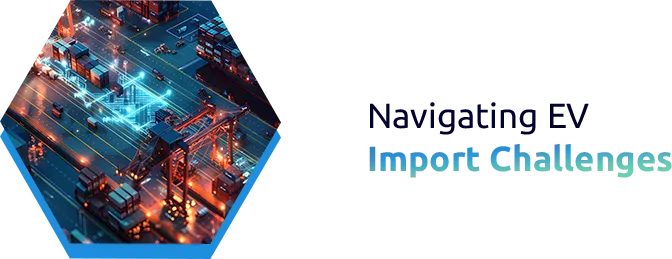
Key Strategies for Overcoming Regulatory Hurdles
Collaborating with Regulatory Experts
The most useful technique to handle regulatory hurdles is connecting with specialist organizations with firsthand knowledge of your target market’s import regulations. Businesses should partner with regulatory experts who will deliver information about necessary compliance standards and provide knowledge of tariffs and essential documentation for seamless customs processes. Experts bring value to businesses that import aviation equipment, automobile components, IT/data centre equipment, and medical devices. Businesses that collaborate with regulatory experts obtain current information about trade policies, customs procedures, and safety standards. By implementing this strategy, companies minimize risks that lead to delivery interruptions and financial penalties while ensuring a continuous import operation.
Streamlining Documentation and Compliance
The necessary approach also includes optimizing documentation procedures and fully observing all applicable regulatory mandates. The import process for electric vehicle components includes mandatory document submission consisting of invoices together with certificates of origin and bills of lading, and import licenses. The accuracy of documentation merged with its complete state plays a vital role in preventing customs delays. Companies should select warehouse management systems or enterprise resource planning systems to help them handle and track documentation. The systems demonstrate real time inventory and order visibility, facilitating tracking of shipment compliance status.
Leveraging Technology | Supply Chain Efficiency
Operational efficiency during importation processes becomes higher because technological solutions remove regulatory barriers. Companies can streamline customs work through automated systems and digital resources, which help manage inventory control and provide ongoing shipment monitoring information. Company operations benefit from track-and-trace system capabilities that enable real-time shipment tracking, therefore allowing for the monitoring of delays as well as regulatory compliance. Cloud based storage solutions provide secure access to necessary paperwork, which helps prevent errors and broken data during importation processes.
Partnering with Reliable Customs Brokers & Freight Forwarders
Customs brokers & freight forwarders help businesses manage difficult customs procedures & accomplish import regulations compliance. Businesses partnering with dependable customs brokers obtain complete management of documentation requirements with correct tariff applications for smooth customs clearance. Freight forwarders are essential coordinators who handle efficiency-based deliveries of EV components between suppliers and end-users while securing optimal costs. Experienced logistics providers efficiently handle import operations, minimizing the possibility of regulatory issues and supply chain disruptions.
Ensuring Environmental and Safety Compliance
Businesses must confirm that their EV components meet environmental safety and trade regulations. The strict regulations focus primarily on batteries because they have an environmental impact. A country’s regulations demand that EV batteries entering for sale in their market need testing services and certification procedures first. Businesses must cooperate with local agencies and third-party testing laboratories so their components can pass safety inspections before sales. Countries have regulations about electric vehicle battery transportation and disposal procedures that impact the importation process.
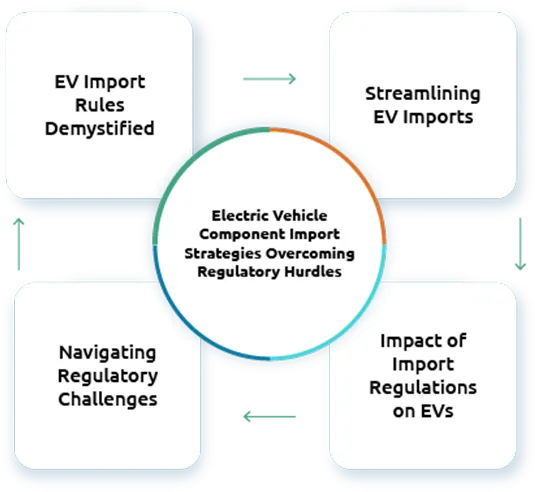
Market Insights: Dominica’s Growing Focus on EVs and Related Infrastructure
As an emerging Caribbean market, Dominica now makes sustainability and green technologies the focus of its national development strategy. Clean energy initiatives receive investment from the government through their efforts to promote electric vehicles (EVs). Dominica enhances its basic facilities as part of its electric vehicle import and usage support system. The change toward electric vehicles delivers new business prospects to those who deal with importing electric vehicle components. The development of Dominica’s infrastructure will bring better regulatory systems and enhanced logistical support for importing EV parts to the country.
The Importance of Choosing the Right Partner
Successful importation of electric vehicle components demands reliable partnerships with companies that master regulatory oversight while helping businesses meet local standards. One Union Solutions delivers comprehensive support services for companies importing aviation equipment and automobile components, IT/data centre equipment, and medical equipment. Our team provides knowledgeable assistance in handling customs requirements and documentation while managing logistics operations, ensuring timely shipment delivery without delays.
Conclusion
The strategic solution for clearing electrical auto parts import regulations involves working with experts to simplify documentation and use technology while forming reliable partnerships with Customs brokers and freight forwarders. Businesses can enter the EV market using the enhanced infrastructure as Dominica increases its attention toward green technologies. Businesses that select appropriate techniques alongside strong partners can handle regulatory obstacles to make EV component imports seamless. We at One Union Solutions dedicate ourselves to supplying the needed help that will allow your business to achieve success in aviation equipment exports, alongside automobile components importation and IT/data centre equipment, and medical device trade.
Did You Know,
Recent data indicates a 12% increase in the Caribbean adoption of clean energy vehicles throughout the past five years across Dominica and other countries. The anticipated rise in EV component demands will create opportunities for import businesses that supply batteries, motors, and charging systems.
FAQs
What major regulatory obstacles exist during the importation of electric vehicle component materials?
Companies that import EV components must follow customs rules, maintain safe production standards, and properly manage all necessary documentation.
Can technological solutions boost the importation procedures used for EV components?
The import process has become more efficient thanks to technologies including track-and-trace and cloud-based document management, automated compliance tools, and improved error reduction.
Which specific safety criteria need to be fulfilled when importing EV components?
The importation of EV components, particularly batteries, needs to fulfill various strict safety requirements and environmental rules that involve testing procedures and regulatory compliance certification.
Which methods will help my EV components fulfil all environmental requirements?
Fulfilling compliance requirements demands that businesses use certified testing agencies and follow local regulations when discarding and recycling batteries.
Why does using customs brokers alongside freight forwarders become necessary during the import operations of electric vehicle (EV) components?
Foreign businesses that select customs brokers and freight forwarders protect themselves from import delays by helping with complex regulations, preparing proper documents, and optimizing their logistics system.

